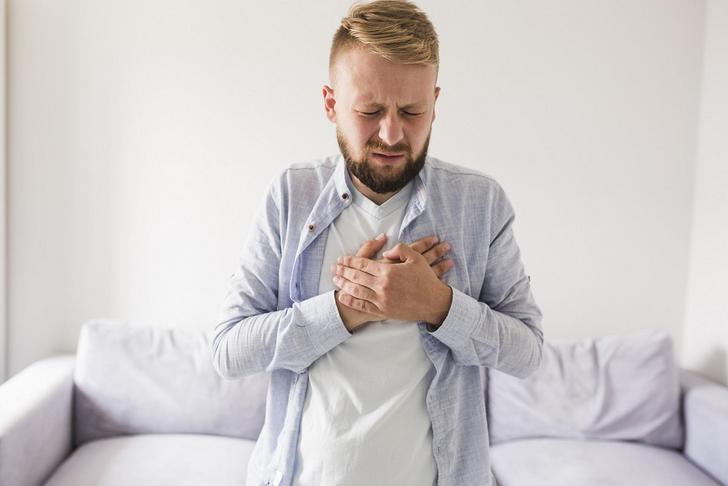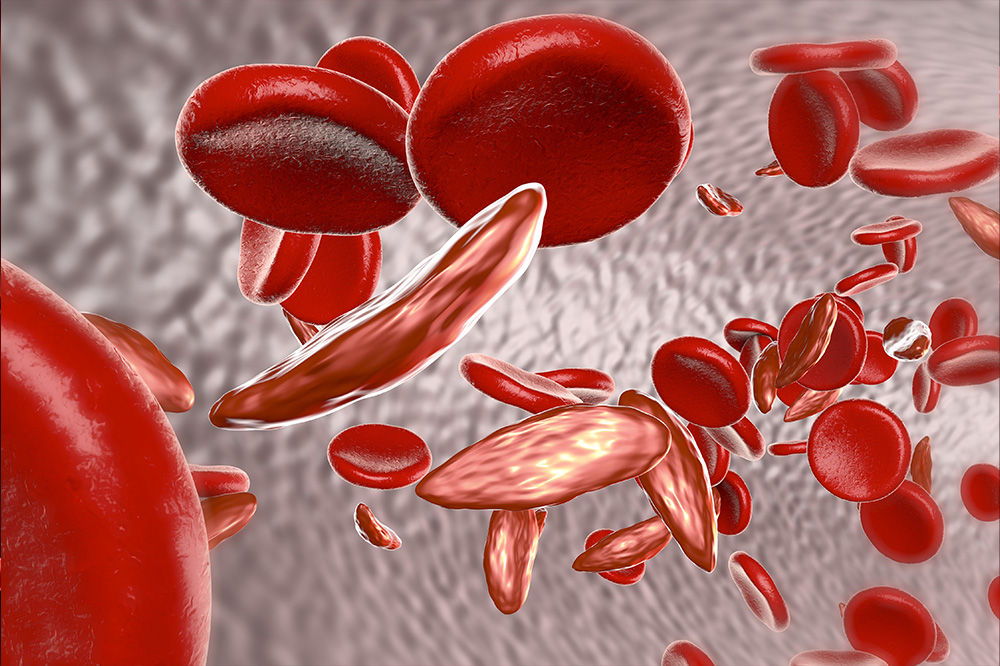10 stomach cancer symptoms
 Article Sources
Article SourcesStomach cancer is fairly rare, accounting for only about 1.5% of all new cancer diagnoses annually.[[1]] Thankfully, experts note a steady decline in stomach cancer rates, which is believed to be attributed to better food refrigeration practices. Properly stored food presents a lower risk for an infection known as H pylori, which increases the risk of stomach cancer development.[[1]] Often, stomach cancer doesn’t show symptoms until it’s progressed or spread to other body systems, which is why regular cancer screenings are crucial.[[2]] However, when this cancer type does show symptoms, the 10 discussed here are the most common.
Heartburn or Indigestion
Early cancer symptoms can mimic other conditions, like ulcers or even viral infections.[[3]] Heartburn and indigestion are prime examples of this. These symptoms can feel like burning in the throat and esophagus, excessive fullness, or the sensation that food is stuck in the throat. Occasional heartburn and indigestion can happen to everyone and aren’t generally cause for concern. However, when heartburn is frequent, it should be brought to the attention of a medical professional to rule out stomach cancer.

Advertisement
Bloody Stool
Bloody stool may not be a sure sign of stomach cancer, but it’s always cause for concern, as blood shouldn’t be present in the digestive tract. The color of the blood can often help determine where it originated. Bright red blood is often caused by fissures or tears around the anus or small polyps in the lower intestine. Stools that are dark red, brown, or black in appearance often signal an issue in the stomach.[[4]]

Advertisement
Nausea and Vomiting
Persistent nausea, with or without vomiting, can be a disruptive yet vague symptom of stomach cancer. If nausea persists, it’s important to speak with a gastrointestinal expert to determine the root cause — especially for those with a history of stomach cancer.[[1]] Persistent nausea can be caused by other conditions and doesn’t necessarily indicate cancer. Examples of other conditions that could be responsible for this symptom are ulcers, gastroesophageal reflux disease (GERD), postural orthostatic tachycardia syndrome (POTS), food allergies, and celiac disease.[[5]]

Advertisement
Abdominal Swelling
There are several causes for abdominal swelling in stomach cancer. One of the most common causes includes fluid accumulation in the walls of the abdominal cavity. The stomach is pushed outward and will generally feel stiff or rigid. Other causes for abdominal swelling as a cancer symptom include reduced food capacity, excessive gas production, or a tumor pushing the abdominal walls outward.[[6]] Occasional bloating may be normal for some people but should be brought to a doctor’s attention if the issue persists.

Advertisement
Unintended Weight Loss
Losing weight without intending to can be caused by a range of serious and benign conditions, with stomach cancer being only one of them. Generally, this symptom of stomach cancer happens from a combination of other common symptoms. For example, unintended weight loss caused by stomach cancer can be due to poor appetite.[[4]] When someone is eating less (or not eating at all), they aren’t consuming enough calories to maintain their weight. In turn, this can cause either slow or rapid weight loss.

Advertisement
Poor Appetite
A poor appetite can include a complete loss of appetite or feelings of fullness after only a small amount of food. Some people may often go through short periods where they don’t eat as much. But when a poor appetite is persistent, it can be a symptom of stomach cancer. The poor appetite in stomach cancer might be due to the tumor interfering with food intake. Or it can also be because some growing cancerous tumors produce hormones that directly interfere with hunger signals.[[4]]

Advertisement
Stomach Pain
Infrequent stomach aches and pains aren’t usually a cause for concern and can be caused by overeating, pulled muscles, and other non-serious things. However, stomach pain — especially when paired with abdominal swelling — is often one of the first stomach cancer indicators.[[4]] Stomach cancer pain is usually caused by an abnormal growth of cells placing pressure on nearby organs. These abnormal cell growths can also irritate the stomach lining. Although the pain usually begins near the naval, it can be felt anywhere in the abdomen.

Advertisement
Difficulty Swallowing
Difficulty swallowing is known as dysphagia in the medical community. People may feel difficulty swallowing, with some having a burning or painful sensation when attempting to swallow food or drink. Alternatively, it can feel like food is stuck in the throat or chest. Having difficulty swallowing can be caused by other conditions. However, it can sometimes indicate stomach cancer when presented with other symptoms on this list.[[4]]

Advertisement
Anemia
Anemia is a term used when there’s a low number of red blood cells, which generally leads to iron deficiency. Anemia causes diminished supplies of oxygen to vital organs, resulting in fatigue, shortness of breath, and pale skin.[[4]] In stomach cancer, anemia is caused by a combination of internal bleeding and loss of red blood cells faster than they can be created. Blood in stools (or vomit) often precedes anemia but not always.

Advertisement
Jaundice
Jaundice refers to a yellowing of the skin, eyes, and mucus membranes.[[7]] This yellowing is caused by a byproduct of old red blood cells called bilirubin when it accumulates in the skin. Disorders of the liver and gallbladder can generate these high bilirubin accumulations. Although jaundice isn’t a primary symptom of stomach cancer, it often appears when cancer has spread to the liver.[[2]] Because stomach cancer doesn’t often show symptoms in the early stages, jaundice can sometimes be the first noticeable symptom.

Advertisement





